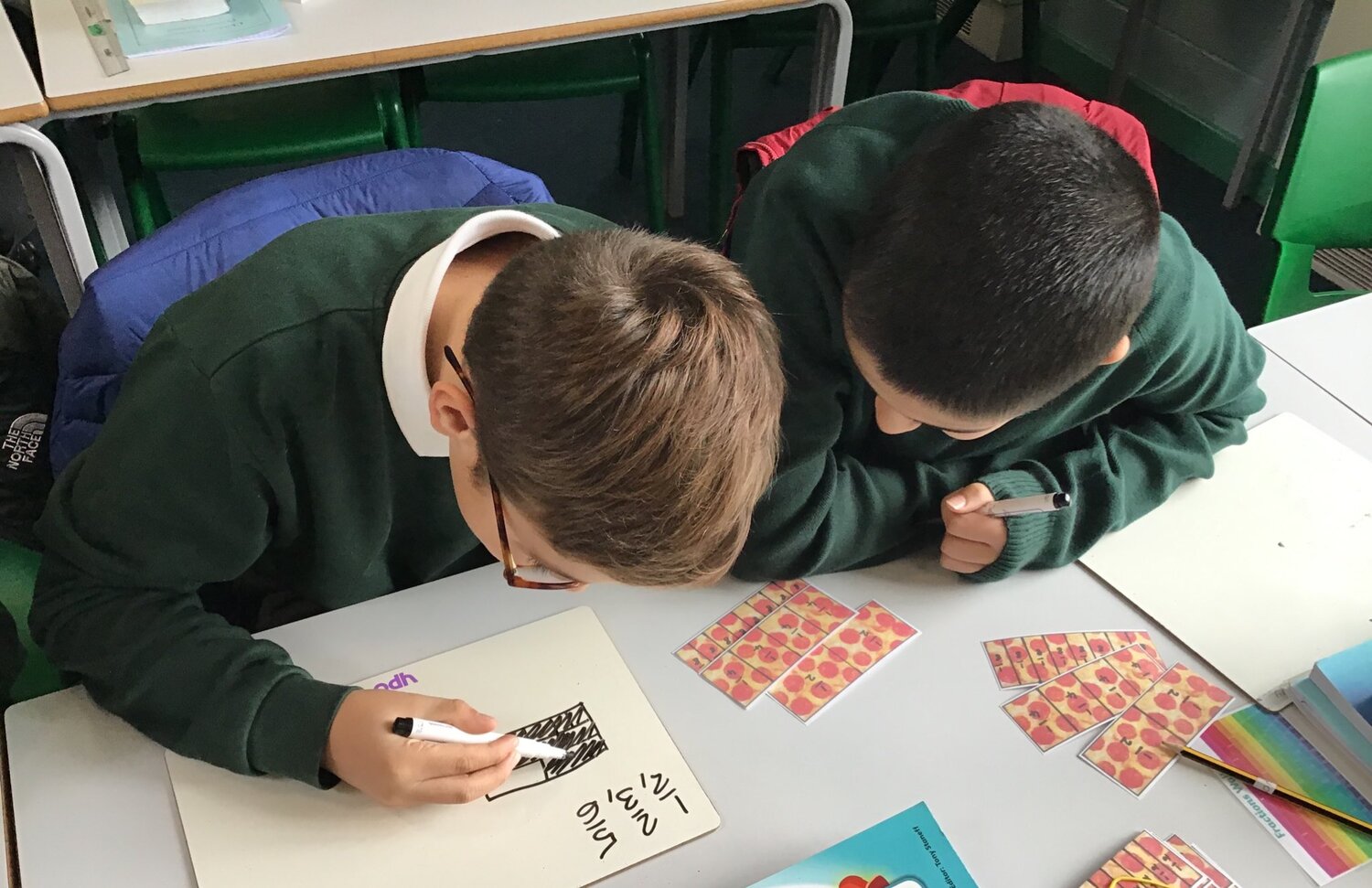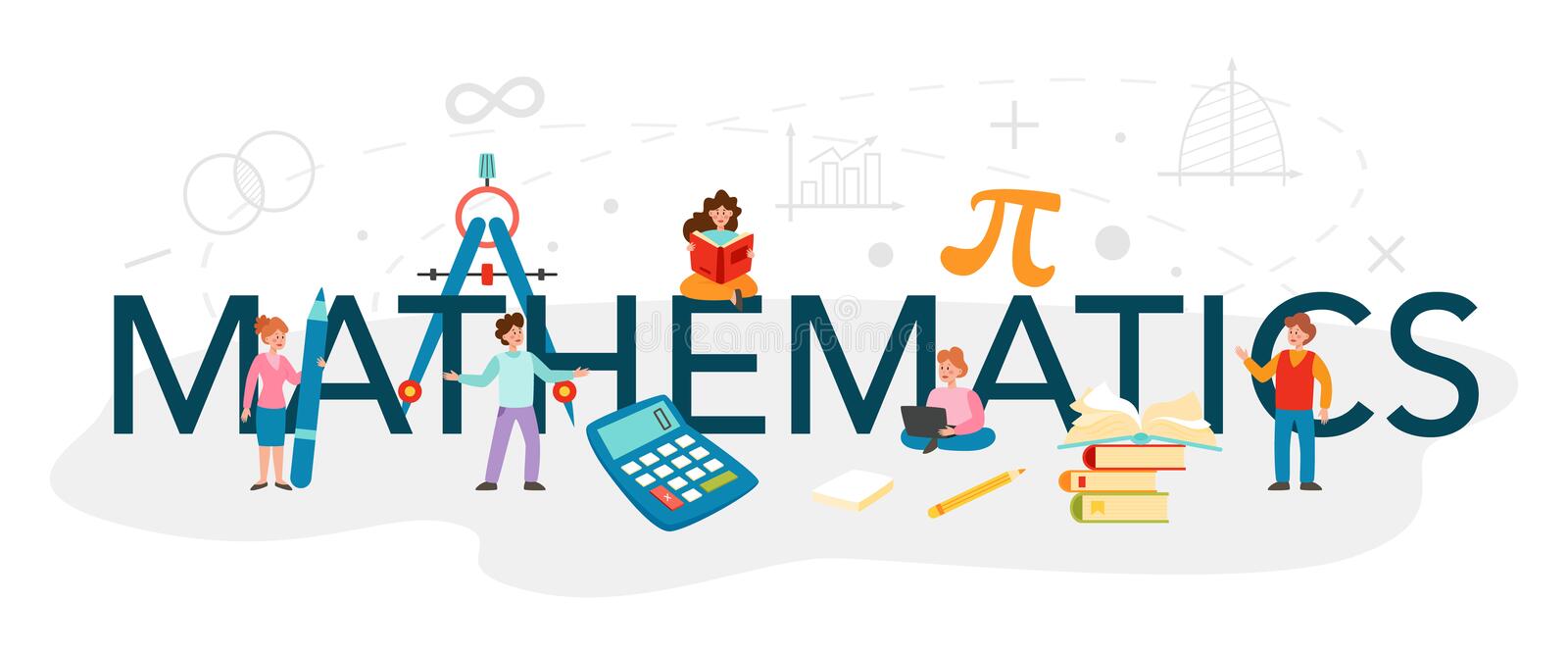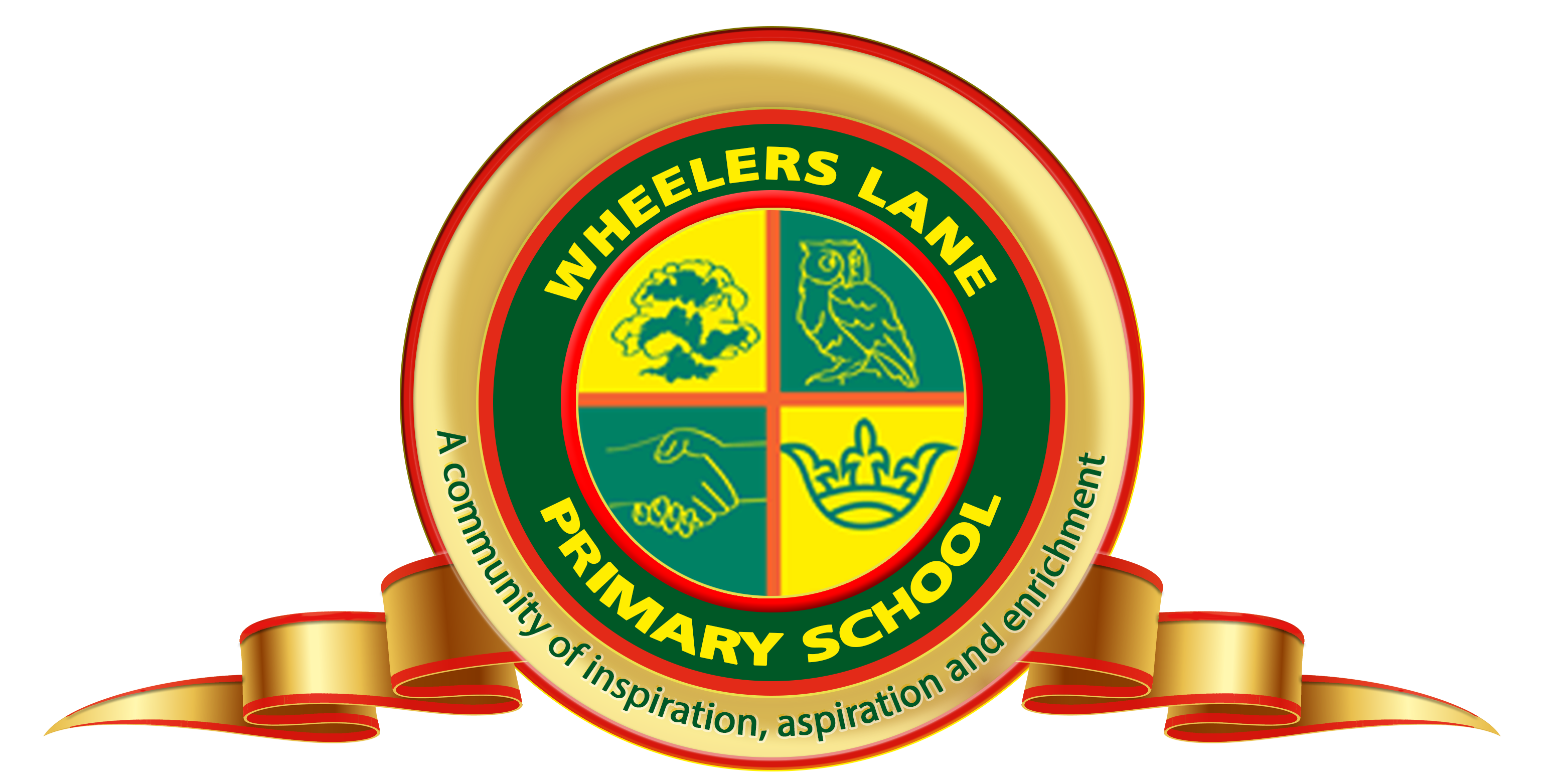Maths


Carefully structured lessons are taught to ensure progression, depth and the cumulative acquisition of Maths skills and knowledge. The Maths No Problem Textbooks provide an order to ensure structured and organised teaching. Learning can be consolidated and extra lessons and activities added when formative assessment supports this.
Each classroom will have a Maths working wall. This includes correct and technical Mathematical language to ensure uniformity across Year Groups (textbooks for reference). Working walls will show WAGOLLs. Maths books will record the children's learning and acquisition of skills and knowledge. The emphasis will be on recording their development and efforts in gaining these skills. There will be a mixture of arithmetic, reasoning and problem solving. Children record the drawing stage of skills and knowledge as well as the abstract (number sentences and equations). Book recording occurs after the use of manipulatives and concrete resources.
NB: The exact format is adapted depending where in the learning sequence the lesson is.
Begin with a CTG based on previous learning that is related to the topic being taught. They will be based on formative assessment of the class and can be different across a Year Group. The lesson title is shared (often from the textbook). The STEM sentence (which is a useful Mathematical fact) is shared (I say it, you say it, we say it). A reasoning or problem is shared that applies the core Maths learning of the lesson - Let's Learn section.
One concept is taught per lesson and this is explored with increasing depth. Learning focuses on one example to explore this concept, which is investigated in depth and with variation (including what it's not). This is followed by a Guided Maths session where the children complete questions more independently. Formative assessment of this guides where children begin their independent learning. Independent learning involves questions that increase depth of understanding (differentiation by depth). The first section matches the prior learning, then a Going Deeper (GD) that uses variation to deepen understanding of the same. Going Deeper Still (GDS) includes further variation of the concept and then a 'Hitting the Core' section (HTC), which is often open-ended. Children can begin at different places depending on their understanding and metacognition and where it is in the teaching sequence. Carpet club is used to support children who need more guidance. Differentiation is also supported by children having access to manipulatives and practical equipment and the use of drawings (Concrete Pictorial and Abstract model [CPA]). Some SEND children will have access to learning that is previous to the Year Group they're in (in consultation with the Maths Lead and SENDCO and Interventions team).
At the end of the lesson, children should have improved their understanding of that lesson focus. Children will use practical equipment and manipulatives and engage in a variety of activities including: reasoning, problem solving, chanting, singing, historical research, investigations, watching video clips, debates, patterns and data collection. Children will record in various ways and not exclusively in their Maths books using a variety of media (chalks, paints and objects for example) and also digitally. All lessons have fluency, problem solving elements and are not taught as separate strands. Variation is used to deepen understanding and promote connectivity across the subject. Patterns, relationships and structure form the basis of knowledge and skill acquisition.
Maths lessons are supported by the KIRFs program to enable procedural fluency. KIRFs sessions are twice daily from Nursery to Year Six (10 minutes in total). The KIRF program builds cumulative knowledge. These sessions include a focus on a few facts and consist of individual work, paired work and then written practice with booklets as well as other semantic memory strategies such as chanting.
This successful approach at Wheelers Lane results in an engaging, high-quality Maths education that provides children with the foundations and knowledge for understanding their world. Children learn how Maths underpins so much of their learning and career ambitions. The children see Mathematics throughout the whole school community and curriculum and understand its position as a bedrock from which other areas of our curriculum thrive.
All children will have:
- A wide variety of skills linked to both mathematical knowledge, conceptual and procedural understanding, mathematical reasoning and problem solving skills.
- A richer vocabulary which will enable them to understand, reason and articulate the taught concepts with precision and confidence.
- High aspirations, and an understanding that effort underpins their achievement which will see them through to further study, work and a successful adult life.
